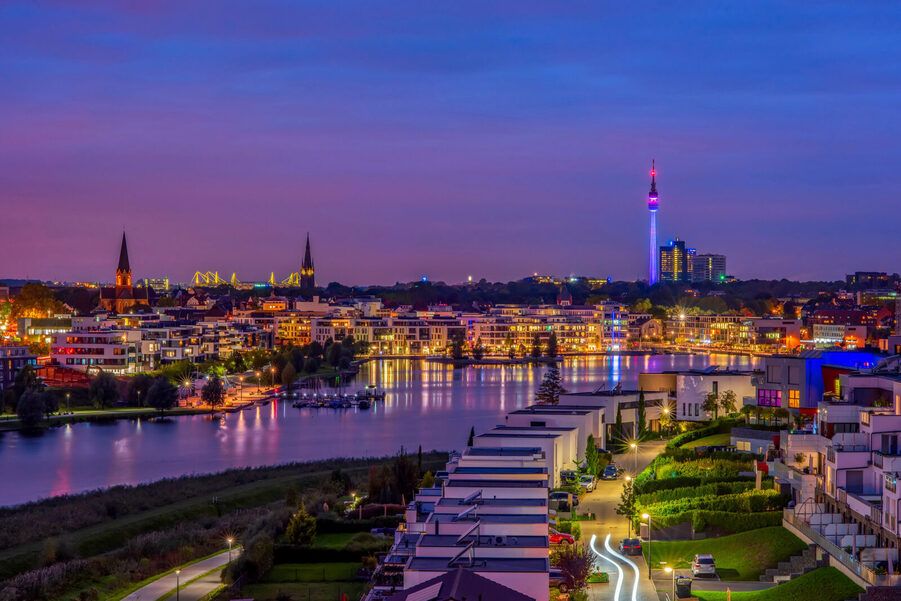Moving to Germany, Dortmund

Those moving to Dortmund, Germany’s eighth largest city by population, may find it surprisingly easy. Good housing, fairly low rent and plenty of opportunities mean that finding a job, house or flat should be fairly easy.
Moving to Dortmund
The vibrant, modern city of Dortmund is extremely popular with tourists, students and expats. From its roots as an industrial powerhouse in early 20th century Germany to today’s technology-driven economy, the city has experienced some remarkable changes. Impressive industrial buildings are now centres of culture and entertainment, and a multitude of green spaces characterise Dortmund as a ‘Green Metropolis’.
Visas to Germany
Those moving to Dortmund with EU citizenship, as well as citizens of Switzerland, Iceland, Liechtenstein and Norway, do not need a visa to live and work in Germany. Non-Europeans must apply in person for a visa or work permit at the nearest German embassy or consulate. Students should apply for a student visa in their home country at least three months before arriving in Germany.
For those who need a residence visa and also want to work in Dortmund, there are three types of work visas. One, for general employment, is granted based on Germany’s economic needs and requires professional qualifications and a specific job offer. The EU Blue Card can be obtained for “outstanding professionals” – university graduates who can get well-paid jobs. The third is for self-employed people who must prove that they can invest and bring economic benefits to Germany.
After five years of holding a residence permit, non-EU citizens can apply for an unlimited residence permit (Niederlassungserlaubnis), which gives holders the right to live and work in Germany. Applicants must speak German, have adequate knowledge of the legal and social system in Germany, have a secure income and adequate living space and have paid into a statutory pension scheme for at least 60 months.
Finding a place to live in Dortmund
Living in Dortmund means you can choose between different types of accommodation, from hotels and flats to sublets and housing associations.
South Dortmund is home to many important German corporations and is close to the trendy Kreuz district, surrounded by bars, cafes and restaurants. The Kaiser Street district is also popular, as is the sought-after former Traum Street, which passes through the historic centre of Herdecke. Dortmund West “contains” the TU Dortmund University, the University of Applied Sciences and the Technical University, as well as the Technology Park, which is home to numerous high-tech companies.
In the green streets of the northern part of the city there are many cheaper, self-contained flats and detached houses, as well as more expensive flats. The east of the city is home to many sports fields, an airport and a recreational lake – Phoenix Lake. Famous for its food and attracting visitors from all over Germany on weekends, many businesses have residential complexes nearby and there are plenty of flats available in the city in quieter surroundings.
